Of all fatiguing, futile, empty trades, the worst, I suppose, is writing about writing
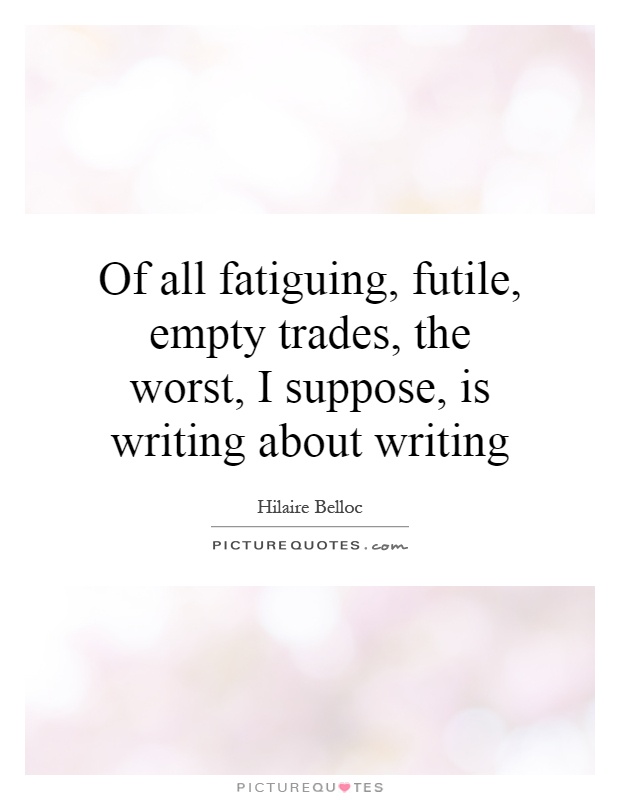
Of all fatiguing, futile, empty trades, the worst, I suppose, is writing about writing
Hilaire Belloc, a prolific writer and poet, once famously said, “Of all fatiguing, futile, empty trades, the worst, I suppose, is writing about writing.” This statement reflects the sentiment that writing about the act of writing itself can often feel self-indulgent and unproductive. Belloc, known for his wit and satire, likely made this remark as a tongue-in-cheek commentary on the self-referential nature of literary criticism and analysis.Belloc's own body of work spans a wide range of genres, from poetry to essays to historical and political writings. He was a versatile and talented writer who tackled a variety of subjects with intelligence and humor. However, even someone as accomplished as Belloc may have felt the frustration of trying to capture the essence of writing in words.
Writing about writing can be a daunting task because it requires a level of self-awareness and introspection that can be difficult to achieve. It can feel like a never-ending loop of analysis and critique, with no clear endpoint or resolution. In a way, it is a meta-exercise that can lead to a sense of futility and emptiness.
Despite the challenges of writing about writing, there is value in exploring the craft and process of creating literature. By examining the techniques and strategies used by writers, we can gain a deeper understanding of the art form and improve our own skills. Writing about writing can also serve as a form of self-reflection and self-expression, allowing writers to explore their thoughts and feelings about their work.


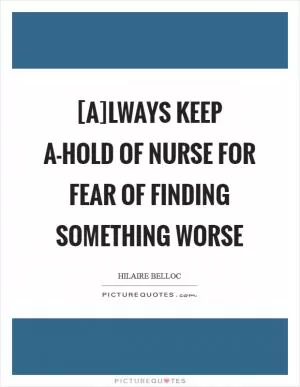
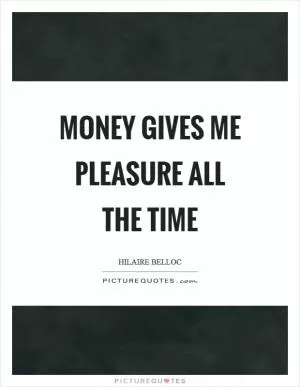
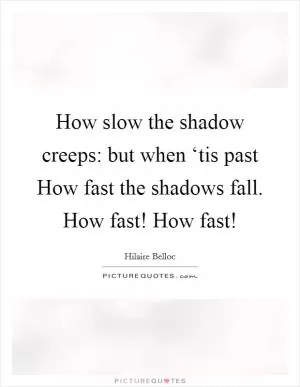
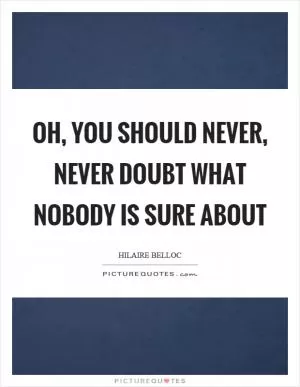
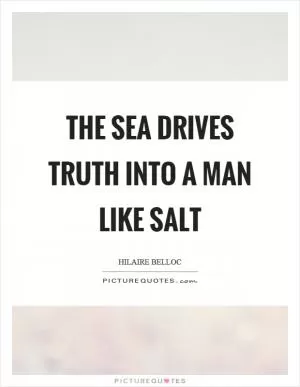


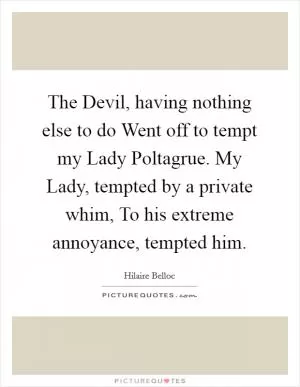
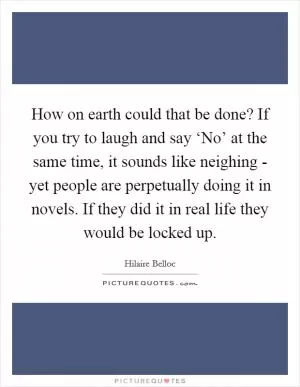

 Friendship Quotes
Friendship Quotes Love Quotes
Love Quotes Life Quotes
Life Quotes Funny Quotes
Funny Quotes Motivational Quotes
Motivational Quotes Inspirational Quotes
Inspirational Quotes